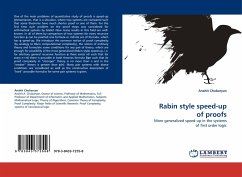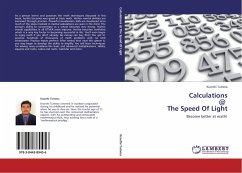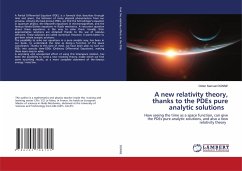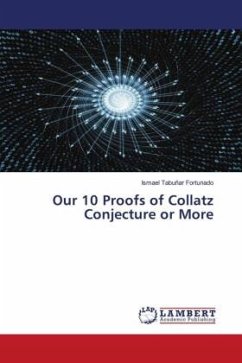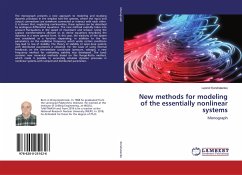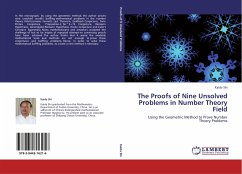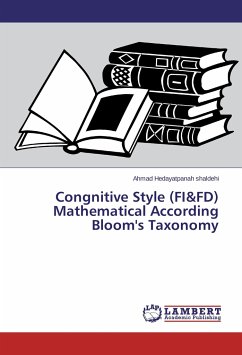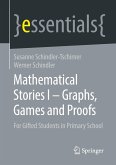One of the main problems of quantitative study of proofs is speed-up phenomenon, that is a situation, where two systems are compared such that some theorems have much shorter proof in one of them. For the first time such problem on the proof steps was considered for arithmetical systems by Gödel. Now many results in this field are well-known. In all of them by comparison of two systems for every recursive function can be pointed one formula or infinite set of formula, which has speed-up. We introduce the common notion of proof complexity (by analogy to Blum computational complexity), the notion of ordinary theory and formulate some conditions for any pair of theory, which are enough for possibility of the most generalized (Rabin style) speed-up, i.e. for arbitrary general recursive function there exists n0 such that for every nn0 there is provable in both theories formula n such that its proof complexity in stronger theory is no more than n and in the weaker theory is greater than (n). Many pair systems with above conditions are considered as well as the constructive description of hard provable formulas for some pair systems is given.
Bitte wählen Sie Ihr Anliegen aus.
Rechnungen
Retourenschein anfordern
Bestellstatus
Storno

